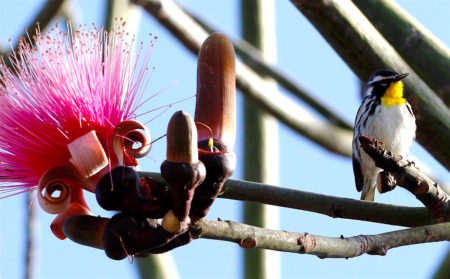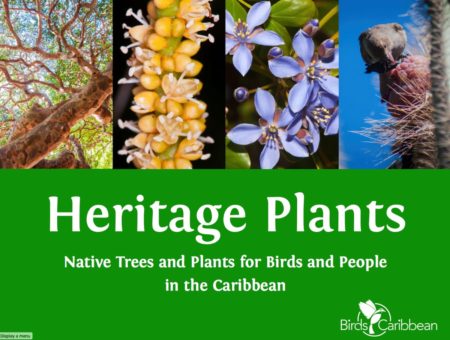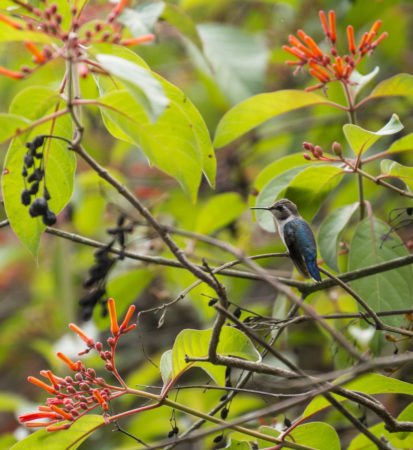
What year is it? Well, last time we checked, 2018 was already well under way. So, is there anything special about it?
Yes, for bird enthusiasts there is. The National Geographic magazine has declared 2018 the Year of the Bird, recognizing the centenary of the historic Migratory Bird Treaty Act. Over the years, this Act has extended its influence across the Americas, helping to save the lives of literally billions of birds.
Encompassing twelve months of storytelling, science research and conservation efforts, the Year of the Bird is a partnership between the National Audubon Society, National Geographic, the Cornell Lab of Ornithology, BirdLife International and dozens of other partners. Participants will examine how our changing environment is driving dramatic losses among bird species around the globe and highlight what we can do to help bring birds back.
Participating organizations include nonprofit and conservation groups, state and federal agencies, zoos, nature centers, and ornithological societies that are working together to raise the visibility of birds and inspire action (don’t forget the hashtags #BirdYourWorld and #YearoftheBird) throughout 2018. And BirdsCaribbean is a part of the project, too.
So, how do we in the region go about “birding our world” in 2018? What should we be doing to celebrate this special year?
Firstly, if you have not already done so, sign up at www.birdyourworld.org – not only for monthly updates, but for a Call to Action. For example, February was the month for the Great Backyard Bird Count – four days of tallying our bird observations and recording them on eBird, to give scientists a picture of what’s happening globally.
The month of March will focus on a topic that is dear to our hearts in the Caribbean: Native Plants for Birds.

In post-hurricane islands in particular, this theme is especially appropriate. Our environment is changing, with particular challenges for our birds. By making sure that we grow native plants in our gardens and backyards, in containers and on verandahs, we are providing birds with the food and shelter they need – and helping them to adapt and survive. We can create a natural sanctuary for our birds.
BirdsCaribbean has already produced materials that will definitely help you to focus on native plants and birds during the month of March. Some visits to your local plant nursery may be necessary, or you may be able to propagate plants and trees that are in your neighborhood.
A very useful guide is our free eBook, Heritage Plants: Native Trees and Plants for Birds and People in the Caribbean. You can download this in English here, and it is also available in Spanish. This beautifully illustrated book focuses on both native and migratory birds in the Caribbean, and the plants and trees that attract them. For example, did you know that the slow-growing Lignum Vitae tree is a favorite of orioles, mockingbirds, tanagers, grackles and more; and that hummingbirds, bananaquits, and orioles are particularly fond of cactus flowers?
Another online resource is our free webinar, co-hosted in 2015 with the Bahamas National Trust, on bird-friendly gardening: Native Plants for a Bird-Friendly Yard. You can tune in here.

“Birds and native plants are made for each other thanks to millions of years of evolution,” says Dr. John Rowden, Director of Community Conservation for the National Audubon Society, which has its own Plants for Birds online public database.
“With our changing climate and rising temperatures, there is an even greater need to nurture our beautiful birds,” commented BirdsCaribbean President Andrew Dobson. “Across the Caribbean, birds face many threats, including spreading urbanization, which is eating into bird habitats. So, let’s make the effort to focus on our native plants and trees – for the sake of the birds. They will feel right at home.”
By growing native plants, you can help protect birds while turning your home into a private wildlife paradise. It’s a “win-win,” for you and the birds.
By Emma Lewis, Blogger, Writer, Online Activist, and member of BirdsCaribbean’s Media Working Group, based in Kingston, Jamaica. Follow Emma at Petchary’s Blog—Cries from Jamaica.
